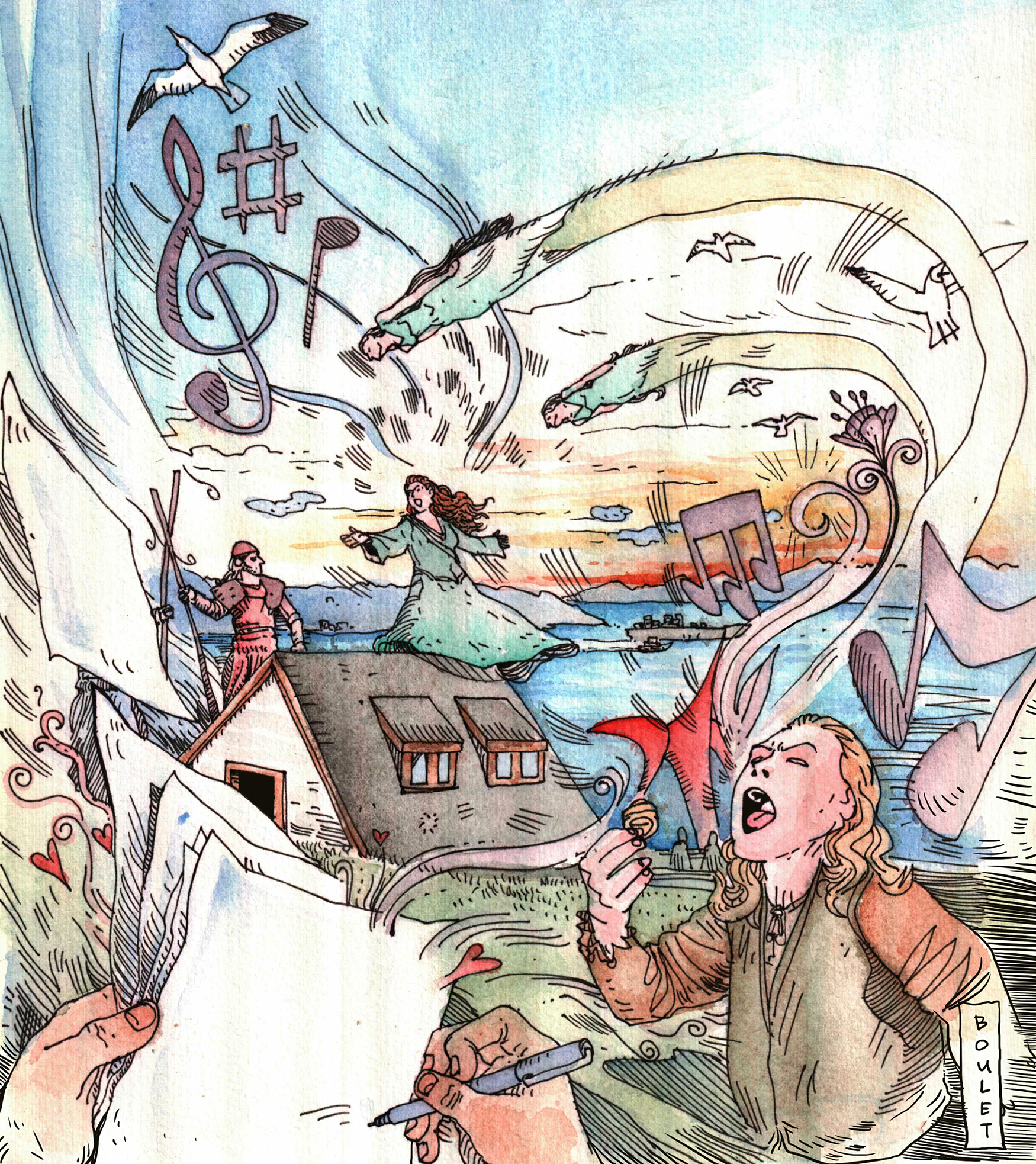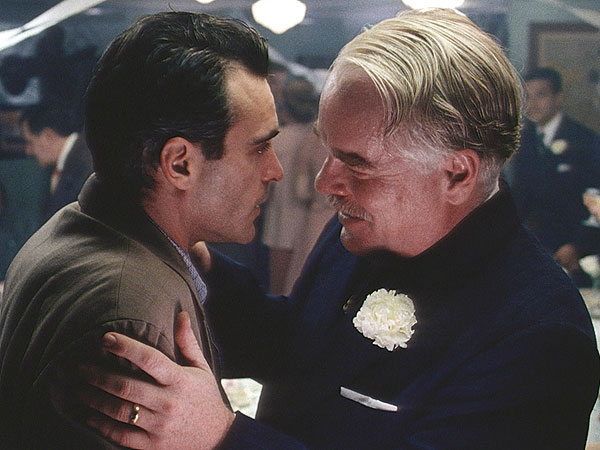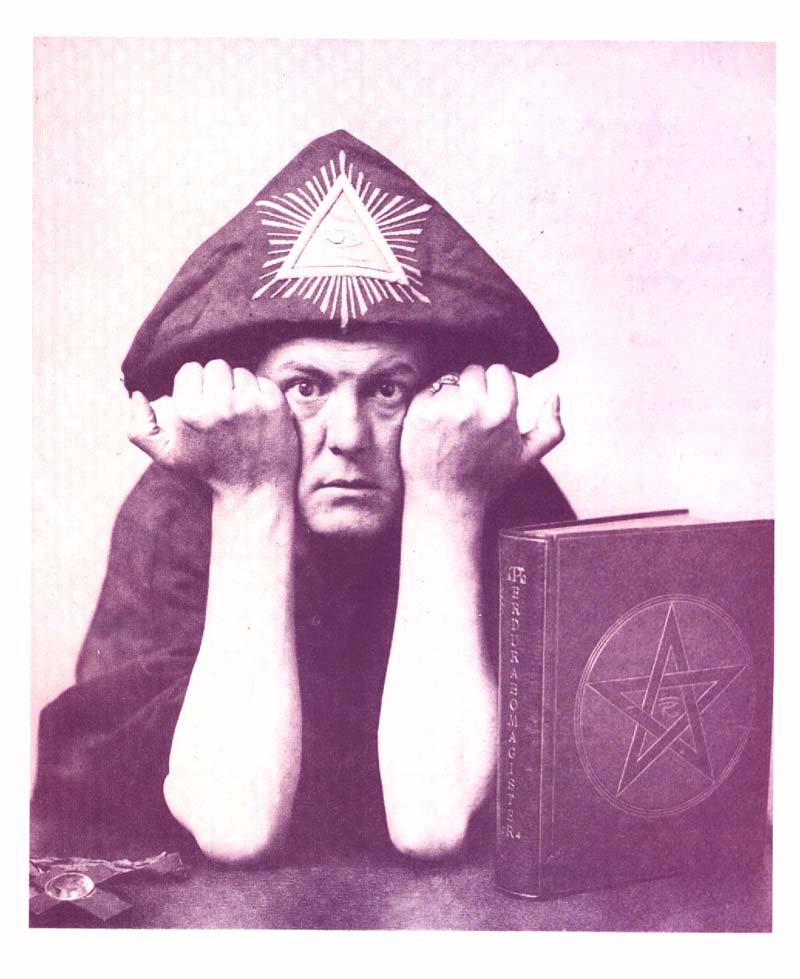THURSDAY 4/28
Books: Gin & Havoc
Out of the frying pan and into the fire: Dismayed by our disastrous newspaper strike of 2000–01, young Seattle Times reporter Kim Barker jumps to the Chicago Tribune, then stumbles her way into its foreign-correspondent desk in Afghanistan and Pakistan. Actually, we think some ambition was involved, but her breezy, personable memoir The Taliban Shuffle (Doubleday, $25.95) makes light of professional motivations. After so many somber post-9/11 books have been written about the War on Terror, it’s a relief when a journalist confesses to worrying about dating in the Green Zone, the dangers of overzealous Kabul beauty parlors (collateral eyebrow damage is inflicted), and what songs to choose on drunken karaoke nights (and there are many in the book, which, as her editor, I would’ve called Bridget Jones’ War Diary). Sure, war (reporting) is hell, but it’s also highly addictive, and Barker is quite aware of her propensity to slide into such addictive caricature. (Her family nickname is “100 Percent Id.”) There are plenty of telling little anecdotes from her reporting between 2004 and ’09, like the incompetence, corruption, and vanity of Hamid Karzai; and almost every chapter includes an ass-grabbing from the repressed, sex-starved young Afghan and Pakistani men who rate Barker somewhere between homely Bollywood extra and roving hooker. But she takes it all in stride, dumping boyfriends, enduring countless humiliations, and counting herself lucky not to be back home during the Great American Newspaper Collapse. By the time the Tribune‘s budget woes call her home, Barker has survived suicide bombings, but she knows the real bloodbath is waiting in the newsroom. Elliott Bay Book Co., 1521 10th Ave., 624-6600, elliottbaybook.com. Free. 7 p.m. BRIAN MILLER
FRIDAY 4/29
Stage: Downsized and Looking Up
“I thought we were such a strong country,” Edna laments to her husband Mel in The Prisoner of Second Avenue. “If you can’t depend on America, who can you depend on?” It may be a surprise even to fans of playwright Neil Simon that one of his lesser-known if lauded works can make audiences laugh in squirming empathy four decades after its Broadway premiere. Yet the 1971 Prisoner, which begins previews tonight, is as existential as the laugh-a-minute master ever gets—and as up-to-date as the often-dated artist ever feels. Ad exec Mel’s been laid off. Edna has had to re-enter the work force. And while self-pitying Mel begins to melt down in the summer heat, their marriage is cracking. Ha. Ha. Ha. A Prisoner revival hit big in London last year, but credit this production’s helmer, onetime Intiman artistic director Warner Shook, for previously hearing the resonances beneath the dark comic strain: He staged a much-praised Prisoner for the Berkshire Theater Festival in 2009. Shook’s got a solid-gold cast of Seattle character actors for the show this time around—including R. Hamilton Wright and Anne Allgood as the leads. And Mel’s answer to Edna’s aforementioned plaint promises optimism on the horizon. “We have to depend on each other,” he replies. (Opens May 5; runs through May 29.) ACT Theatre, 700 Union St., 292-7676, acttheatre.org. $15–$55. 8 p.m. STEVE WIECKING
Books: Love, Brains, and Booze
A good friend of mine, Isaac Marion, just published his first novel, and now I am going to pimp it. Warm Bodies (Atria, $24) chronicles an ill-fated romance between a teenage girl and an “undead boy.” Stephenie Meyer is already a vigorous supporter of the book, but comparisons to Twilight stop there. For one thing, said boy is not a vampire—he’s a zombie named R. And the 29-year-old Marion didn’t write the book with Twi-hards in mind, he explains: “There are some themes that young people will relate to, but it’s definitely not aimed at kids. It has sex, violence, and bad words. There’s no high-school drama. It’s a post-apocalyptic eulogy for civilization.” I’ll say. In the collapsed and diseased world of Warm Bodies, R meets his beloved, Julie, shortly after he devours her boyfriend’s brain, something I’m certain Robert Pattinson would never do. Regardless, the two fall in love. As a sensitive female, I had to ask myself how one could be attracted to a moldering body, but Marion says “R is in the early stages of decay, so all Julie really has to deal with is the bad complexion, a slight odor, and the fact that they met a few seconds after he murdered all her friends.” And guess what? Warm Bodies is is being made into a movie by the same studio that released Twilight (I’ll allow that one additional similarity). Jonathan Levine (The Wackness) will direct, and Nicholas Hoult (About a Boy, A Single Man) has signed on to play R. Marion once did a reading in the voice of a Tyrannosaurus Rex, and he says says tonight’s vocal effects will depend “entirely on how much whiskey I’m provided.” Third Place Books, 17171 Bothell Way N.E., 366-3333, thirdplacebooks.com. Free. 6:30 p.m. ERIN K. THOMPSON
Film: Message in a Bottle
In a very real sense the ultimate New York movie, Lionel Rogosin‘s 1957 On the Bowery is cinema-as-bog-body, living history captured with such fortune and care that there’s no sign of decay after 50-plus years. Rogosin’s famous, underseen landmark wades into the notorious human ruin as no other film ever did. A young, hard-drinking rail worker (Ray Salyer, looking like Ed Burns Sr.) arrives on the Bowery with a suitcase and a thirst; the suitcase he loses, after he hooks up with a gaggle of paper-bag-faced lushes in a gin mill. He befriends a fellow lush named Gorman (Gorman Hendricks), hits bottom, swears off, hits it again, gets lost. There isn’t much more story than that, and Rogosin’s intent was simply to erect a narrative to hang his neighborhood portrait on, filling it with found objects called Bowery drunks, men who sell each other their own clothes for muscatel, swill Sterno when they must, and have long since forgotten what their real lives were once about. Rogosin’s modest, chilly movie influenced Cassavetes and the French New Wavers, and from there American independent cinema was on its way to becoming an identifiable species. Oddly, too, On the Bowery was nominated for a Best Documentary Oscar, and won a doc prize at Venice—without being a documentary at all. Accompanying the film is The Perfect Team, by son Michael Rogosin, about On the Bowery‘s production; and Lionel Rogosin’s subsequent films Come Back Africa and Good Times, Wonderful Times begin a run at NWFF on May 6. (Through Thurs.) Northwest Film Forum, 1515 12th Ave., 267-5380, nwfilmforum.org. $6–$9. 7 and 9 p.m. MICHAEL ATKINSON








